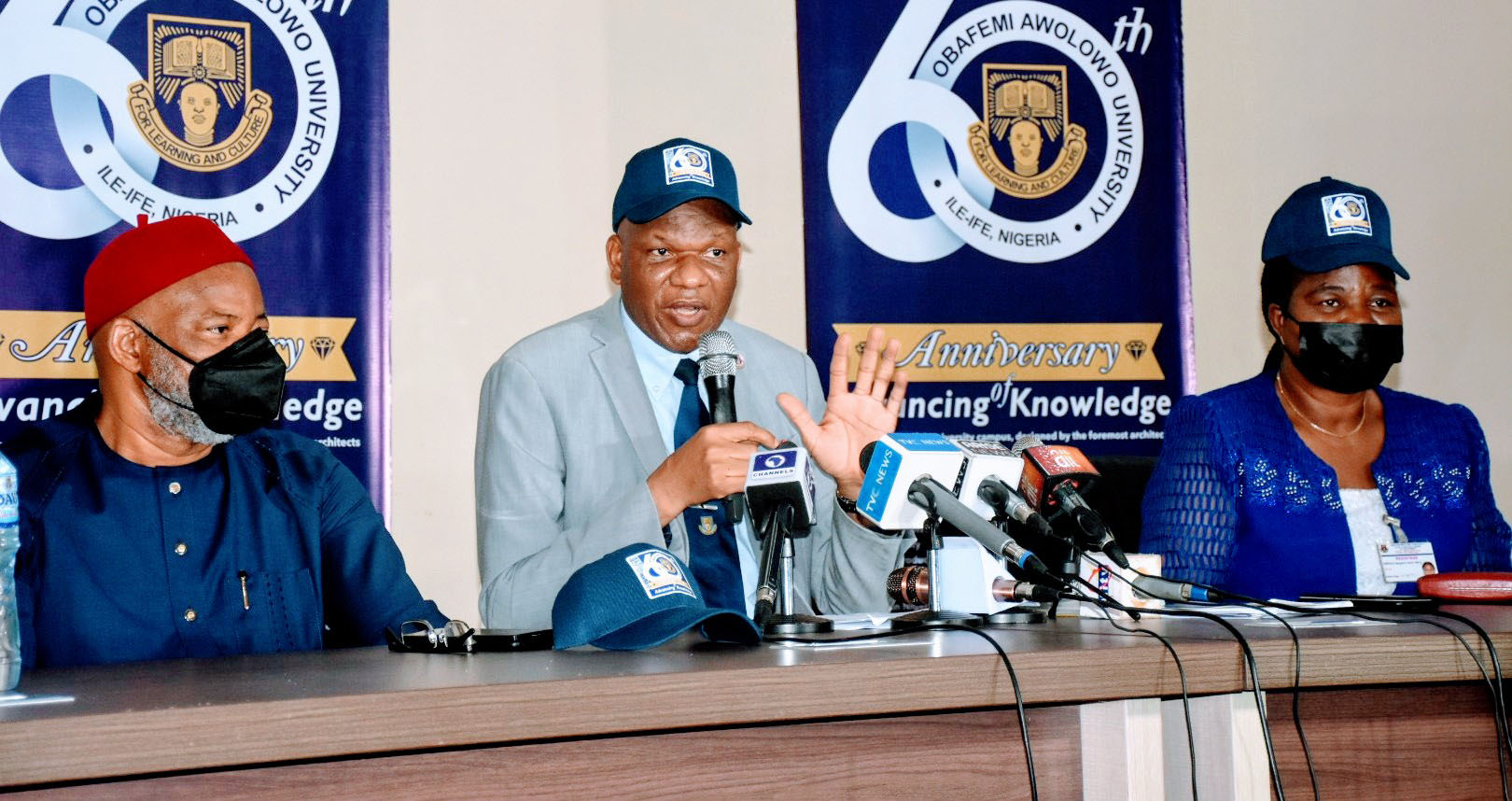Business
Insecurity May Cause Food Shortages In Nigeria – AFAN

The All-Farmers Association of Nigeria (AFAN) in Niger has said that the security challenges facing the state may lead to food shortages, in the state and Nigeria at large, if not tackled by the government, as farmers were unable to access their farms.
The state AFAN Chairman, Alhaji Shehu Galadima, stated this on Monday in an in Minna, while speaking with newsmen.
Galadima said that suspected bandits and kidnappers had been laying siege on many farm locations and communities across the state since 2020, preventing farmers from accessing their fertile farms in the forest areas.
“As far as AFAN is concerned, insecurity has been our main problem for some time now in Niger state. Insecurity increased right from 2020 stopping our farmers from accessing the real fertile lands in the forest areas.
“After cultivation in 2020, the bandits prevented our farmers from harvesting their farm produce; unless you pay ransom or give them half of what you harvested before you are allowed to go,” he said.
He said that many of the farmers were kidnapped last year and huge ransoms paid before they were freed, while some of them lost their lives and some women farmers raped.
“Many of our members are still in Internally Displaced Persons (IDPs) camps across the state since 2020.
“They attempted going back to their homes, to enable them return to their farms, but the bandits will not allow them,” he said.
The AFAN chairman expressed concern over the menace, saying that if the federal and state governments failed to stop the kidnappings and banditry, there may be food shortage in the state which may also affect the country at large.
“There may be food shortage this year in Niger state and Nigeria, which will result in hunger and starvation if nothing is done to stop bandits and kidnappers from unleashing mayhem on our rural communities,” he said.
He noted that activities of the suspected bandits had impoverished many farmers, as they continued to pay ransoms with the little funds they had set aside for their farming activities.
“You know that the rural farmers find it difficult to access loans and grants due to the bottlenecks surrounding the interventions,” he said.
He urged government to train the local vigilantes (local security) and arm them to work with the conventional security agencies to tackle the menace.
Galadima also called on the government to train the agro-rangers to help security agencies to secure the rural areas and forests against activities of the bandits.
He said that there was need for Nigerians, irrespective of tribe and religion, to rise against insecurity across the country and not to leave it to government alone to enable the people return to normal their lives.
Business
NCDMB, Dangote Refinery Unveil JTC On Deepening Local Content
Business
Food Security: NDDC Pays Counterpart Fund For LIFE-ND Project
Business
Replace Nipa Palms With Mangroove In Ogoni, Group Urges FG, HYPREP
-
Sports5 days ago
Eagles B Players Admit Pressure For CHAN Qualification
-
Rivers5 days ago
Rivers Judiciary Denies Issuing Court Order Stopping SOLAD from Swearing in RSCSC Members
-
Rivers5 days ago
Group Seeks Prosecution Of Clergy, Others Over Attempted Murder
-

 Niger Delta5 days ago
Niger Delta5 days agoOborevwori Boosts Digitalisation With Ulesson 500 Tablets To Pupils, Students
-
Business5 days ago
CRG Partner JR Farms To Plant 30m Coffee Seedlings
-
Foods/Drinks5 days ago
What To Know About Your Menu
-

 Niger Delta5 days ago
Niger Delta5 days agoDon Highlights On The Potential Of Groundwater As Hidden Wealth For Sustainable Future
-
Rivers5 days ago
Four Internet Fraudstars Get Different Jail Terms In PH

